Search Fellows
Click on a Fellow below to view more information or create your own search.
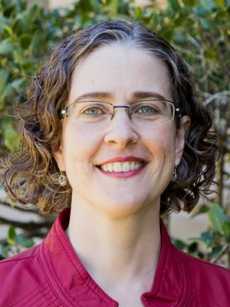
Mary Campbell
Texas A&M University
Visiting Scholar
2025 to 2026
Campbell and Wendy Roth will examine how racial and ethnic identification change among multiracial individuals over time. They will investigate how patterns vary across racial and ethnic groups and will investigate the importance of demographic, socioeconomic, and geographic characteristics for predicting patterns of change. They will analyze data from the census, the American Community Survey, and Social Security records.
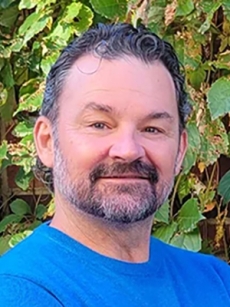
Michael Campbell
University of Denver
Visiting Scholar
2025 to 2026
Campbell and Heather Schoenfeld will examine factors that influenced states to reduce their prison populations in the first decade of the 21st century by investigating differences in prison reform activity across states. They will analyze the obstacles confronting reformers and the strategies they employed to overcome some of these challenges. Their research will consist of comparative case studies of six states: New Jersey, Pennsylvania, Michigan, Illinois, Georgia, and Florida.
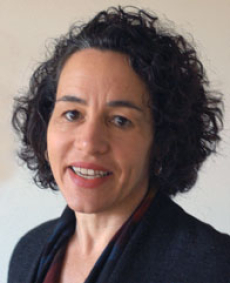
Maria Cancian
University of Wisconsin, Madison
Visiting Scholar
2001 to 2002
Maria Cancian, associate professor of economics at the Institute for Research on Poverty at University of Wisconsin, will explore the implications of Wisconsin's radical new approach to public assistance for low-income families: the Wisconsin Works (W-2). In addition to emphasizing work as a prerequisite for cash assistance, W-2 is unique in that it allows for a 100% "pass-through": participating parents may keep all child support paid on behalf of their children rather than return full or partial payment to the state.
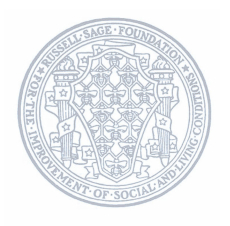
Demetrios Caraley
Columbia University
Visiting Scholar
1995 to 1996
Demetrois Caraley, professor of the Social Sciences at Barnard College, Graduate School of Arts and Sciences, and School of International and Public Affairs, Columbia University, conducted research for a book that will analyze cutbacks in federal aid to poor people and poor cities--what he terms a "reversal of the previous fifty years of American domestic policy." In addition to his empirical work, he examined the theoretical implications for American democracy of the refusal of the dominant majority to support help for the cities and the inability of the urban po
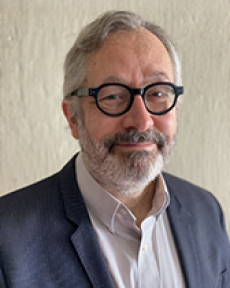
Bruce Carruthers
Northwestern University
Visiting Scholar
2000 to 2001
Bruce G. Carruthers, associate professor of sociology at Northwestern University, will work on a book charting the historical development of credit in the Anglo-American world, from the early 18th century to the middle of the 20th century. The problem of who to trust with money has been resolved in different ways over the centuries. In the past, creditors would judge the personal character of the debtor. Today, they rely on the systematic use of financial data.
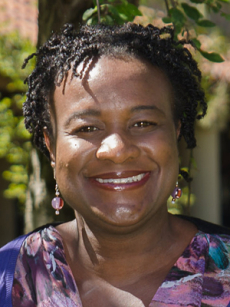
Prudence L. Carter
Stanford University
Visiting Scholar
2015 to 2016
Carter will examine belief systems that shape educational policy‐making. Using the results of a multi-method qualitative study, she will investigate how student success is framed in public discourse by the mainstream media and how policymakers use research to shape policies designed to enhance student and school success. Carter will also examine how policymakers’ social backgrounds relate to their educational policy decision‐making. She will present her findings in a series of journal articles and a book manuscript.
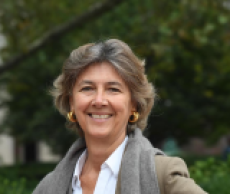
Alessandra Casella
Columbia University
Visiting Scholar
1997 to 1998
Alessandra Casella, associate professor of economics at Columbia University, completed an analysis of the integration of small, self-governed agencies within large-scale, anonymous economic markets. Her work illustrated the importance of personal ties in the economy, focusing on two groups in the realms of public finance and international trade: local government agencies formed to provide specific public goods, and ethnic-based private trading companies.
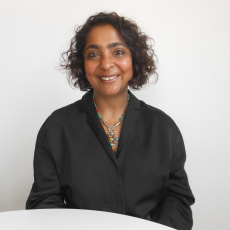
Kanchan Chandra
New York University
Visiting Scholar
2005 to 2006
Kanchan Chandra, Associate Professor of Politics at New York University, will develop and test a theory describing which political institutions are most effective in creating stable states and promoting individual well-being in multi-ethnic democracies.
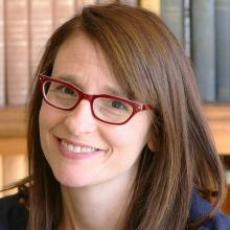
Marisa Chappell
Oregon State University
Visiting Scholar
2019 to 2020
Chappell will work on a book that explores how the Association of Community Organizations for Reform Now (ACORN), once the nation’s largest social justice organization, organized low- and moderate-income Americans to win political power locally and nationally. Using archival materials, Congressional records, press coverage, and interviews with former ACORN staff and members, Chappell will examine how ACORN’s membership and campaigns—as well as sustained political efforts to discredit the organization—illuminate the trajectory of working-class politics over the last half-century.
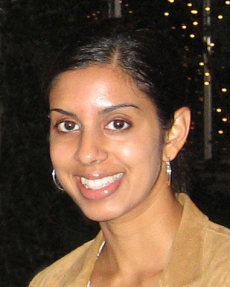
Sapna Cheryan
University of Washington
Visiting Scholar
2012 to 2013
Cheryan will conduct three studies that investigate the effects of anti-American stereotypes on the well-being of U.S. immigrant groups. Using data from her university lab, she will review the state of psychological research on anti-American stereotypes, the health consequences of these stereotypes on immigrants, and the varying level of vulnerability to anti-American stereotypes among different generations.
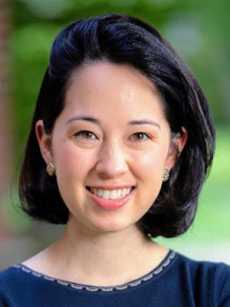
Jennifer Chudy
Wellesley College
Visiting Scholar
2022 to 2023
Chudy will work on research examining racial sympathy, defined as White distress over Black suffering, and its role in American politics. She will explore whether and how the Trump presidency and recent racial unrest have impacted racial sympathy and how racial sympathy might be channeled into political action.
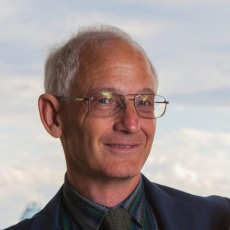
Dan Clawson
University of Massachusetts
Visiting Scholar
2011 to 2012
Clawson and Naomi R. Gerstel (University of Massachusetts) will write a book examining how workplace time—scheduled hours, flex time, overtime, and vacation—is controlled and allocated. This working group will utilize data on the hours and schedules of low-wage nursing assistants, higher-wage emergency medical technicians and nurses, and high-income doctors. They will analyze how work time is regulated from the above by the state, firms, and management; negotiated or resisted by workers; and impacted by forces outside the workplace, such as family obligations and labor markets.
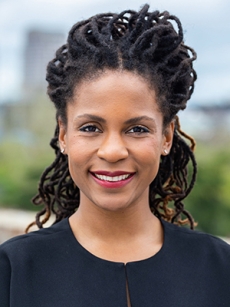
Orly Clergé
University of California, Davis
Visiting Scholar
2025 to 2026
Clergé will work on a book project that explores the political consciousness of Black youth. Using historiography and ethnography, the book reveals the everyday conditions of racial and class inequality that shape Obama era Black youth’s political identity, solidarities, and visions for a just future during their adolescence and transitions to adulthood.
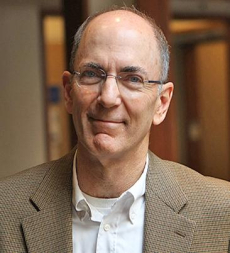
Charles Clotfelter
Duke University
Visiting Scholar
2005 to 2006
Charles Clotfelter, Z. Smith Reynolds Professor of Public Policy Studies and Professor of Economics, and Law at Duke University, will measure and analyze economic segregation in U.S. schools and compare it to patterns of racial segregation. In addition, he will examine student placement policies in North Carolina in an effort to account for the recent increase in racial segregation in the state’s schools.
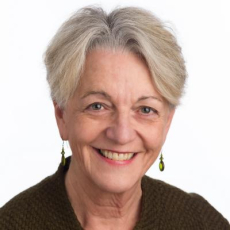
Dorothy Sue Cobble
Rutgers University
Visiting Scholar
2010 to 2011
Cobble will write a book tracing U.S. labor movements from anti-slavery and natural rights discourse in the nineteenth century through the New Deal in the twentieth century to the present day. By drawing on these and other social democratic traditions, she will attempt to enrich our understanding of the liberal tradition in the United States and chart the history of global capitalism.
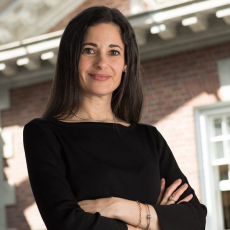
Elizabeth F. Cohen
Syracuse University
Visiting Scholar
2014 to 2015
Cohen will complete a book on immigration reform, assessing the ways in which the U.S. might enfranchise the large number of undocumented immigrants despite deep political disagreements over their presence. She will focus on how policymakers have crafted bipartisan compromises on immigration in the past using a set of political principles based on the immigration probationary period.
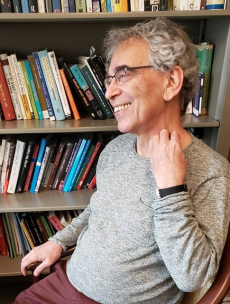
Yinon Cohen
Tel Aviv University
Visiting Scholar
1996 to 1997
Yinon Cohen, senior lecturer in the department of sociology and the department of labor studies, Tel Aviv University, Israel, completed several chapters of a book that will compare Israeli Jewish and Palestinian Arab immigration to the United States. Palestinian Arabs have made up about one-third of Israel's immigrants to the U. S. over the past four decades, a relatively high proportion that is explained, Cohen argues, by the discrimination they encounter in Israeli life.
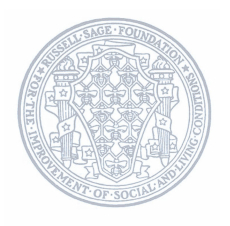
Stephen Cole
State University of New York, Stony Brook
Visiting Scholar
1997 to 1998
Stephen Cole, leading professor of Sociology at SUNY-Stony Brook, investigated why talented minority students so rarely pursue academic careers. Cole combed data from survey research, focus groups, and other sources to examine what factors influence and alter the career choices of high-achieving minority youths throughout their college tenure. His work examined the relationship of students with faculty role models, the effect of students' perceptions of their academic ability relative to those around them, and the continued impact of racial stereotyping.
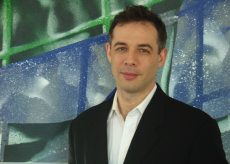
Dalton Conley
New York University
Visiting Scholar
2013 to 2014
Conley will write a series of articles examining the impact of genetics on socioeconomic attainment. Using genetic markers in nationally representative data sets, Conley will attempt to construct genetic risk scores and use them to deepen our understanding of the relationship between genetic endowment and socioeconomic status.
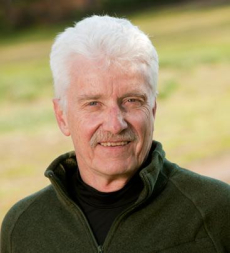
Philip J. Cook
Duke University
Visiting Scholar
2014 to 2015
Cook will complete a series of articles based on research in four cities (New York, Chicago, Los Angeles, and Boston) on the sources of guns to gang members. He hypothesizes that a better understanding of the social networks and other underground sources of guns will inform strategic interventions to disrupt supply and reduce gun violence.
